In an era dominated by the rapid pace of fast fashion, where mass-produced clothing items are discarded with little thought for their environmental impact, the Ranger service embarked on a remarkable journey. This year, we introduced an innovative eight-week course titled "Sheep to Shop," aimed at reviving traditional clothing production techniques and promoting sustainability.
The Fast Fashion Conundrum
Fast fashion has become a global phenomenon, characterised by its low production costs and a disregard for environmental and ethical concerns. The majority of these items tend to be made from polyester, a fossil fuel derivative that sheds microfibres contributing to oceanic plastic pollution. Even natural fabrics, when produced on an industrial scale, can lead to environmental degradation through excessive water usage causing polluting by products. Additionally, the demand for cheap and rapid production often leads to compromised worker safety, unfair wages, and even child labour.
A Step Back in Time
To counter this trend, the "Sheep to Shop" course aimed to slow down and revisit the past when clothing was handmade, locally sourced, durable, and valued as an art form. The participants met at the new Community Outdoor Learning Hub in Glen Nevis. Under the expert tutorlidge of Michelle Melville, the High Life Highland Hertitage Ranger. Together they embarked on a journey to transform raw, unwashed Highlands sheep fleece into a unique, long-lasting fashion item.
The Basics of Fleece Preparation
The first week was dedicated to cleaning the fleece—removing dirt, debris, and washing it thoroughly. Once cleaned, the fleece was dried and prepared for the next stage.
Carding, Mordanting and Natural Dyes
Participants then learned how to card wool, a process of combing the fleece in preparation for spinning into yarn. Some of the fleece was treated with mordants, setting the stage for dyeing, which would happen both before and after spinning.
As autumn's palette unfolded, the course tapped into nature's bounty for dyes. Elderberries, alder cones, birch leaves, hibiscus flowers and logwood were all used, along with additives of iron and chalk, to achieve a spectrum of hues including pink, yellow, purple, and green.
The Art of Spinning and Weaving
Spinning the dyed wool by hand proved challenging due to its time-consuming nature. This gave participants an insight into the labour that would have gone into this process in times gone by.
To add variety, participants began weaving the spun wool into bags. This process required no sewing but instead involved a specific stringing technique on a template loom. Each participant's bag turned out uniquely, despite starting from the same raw material.
The Final Touches
Adding Harris Tweed flaps and woven shoulder straps personalised the bags further. Participants also added linings, decorative elements, and button fastenings, showcasing their creativity.
The course concluded with a showcase of the finished bags and the creation of bespoke Harris Tweed flower brooches, which could adorn the bags or be worn separately.
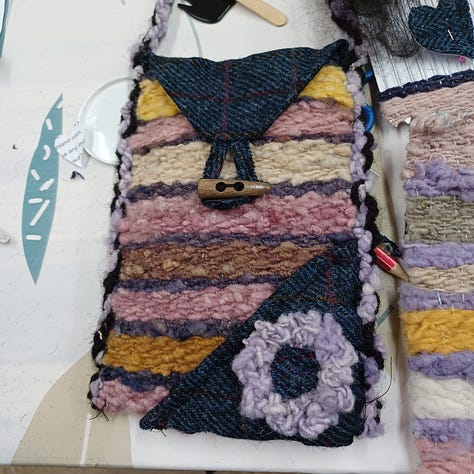
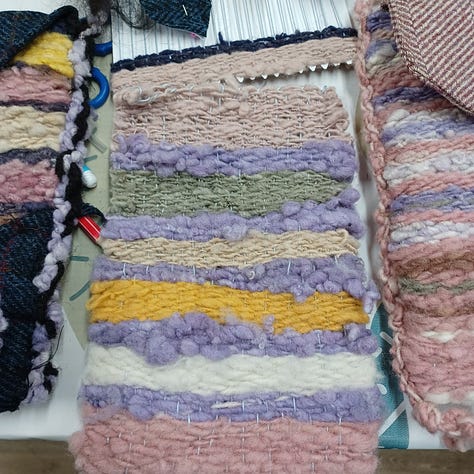
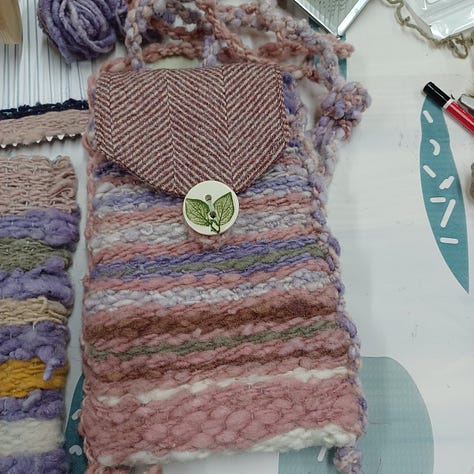
Impact and Future Prospects
Participants expressed profound satisfaction, gaining skills in fleece processing and appreciating the effort required to create something beautiful by hand. The course not only taught them new techniques but also enhanced their wellbeing and sense of anticipation for each session.
Encouraged by the positive feedback, plans are underway to expand the "Sheep to Shop" courses throughout Lochaber and other regions in the Highlands in 2024. This initiative stands as a testament to the timeless value of handcrafting and the growing need for sustainable practices in our daily lives.
Interested in joining our journey back to sustainable fashion? Contact us in the comments below if you would like to be part of our next "Sheep to Shop" course and experience the joy of creating something truly unique and eco-friendly!


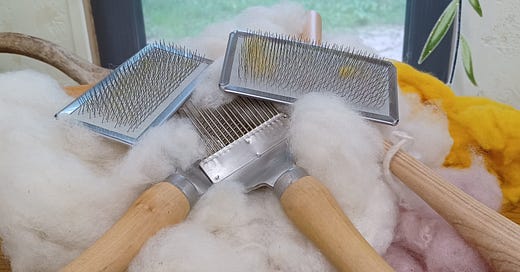


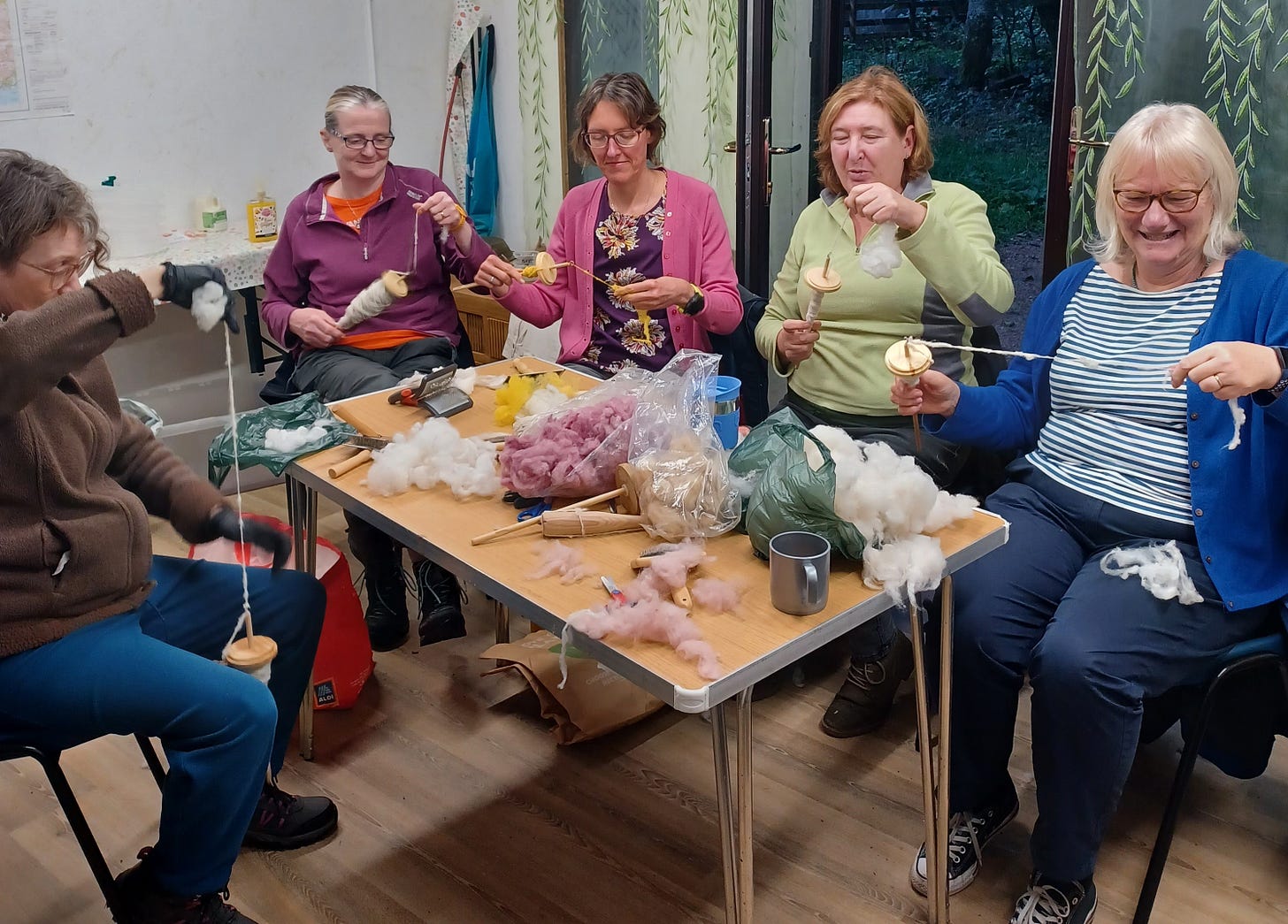
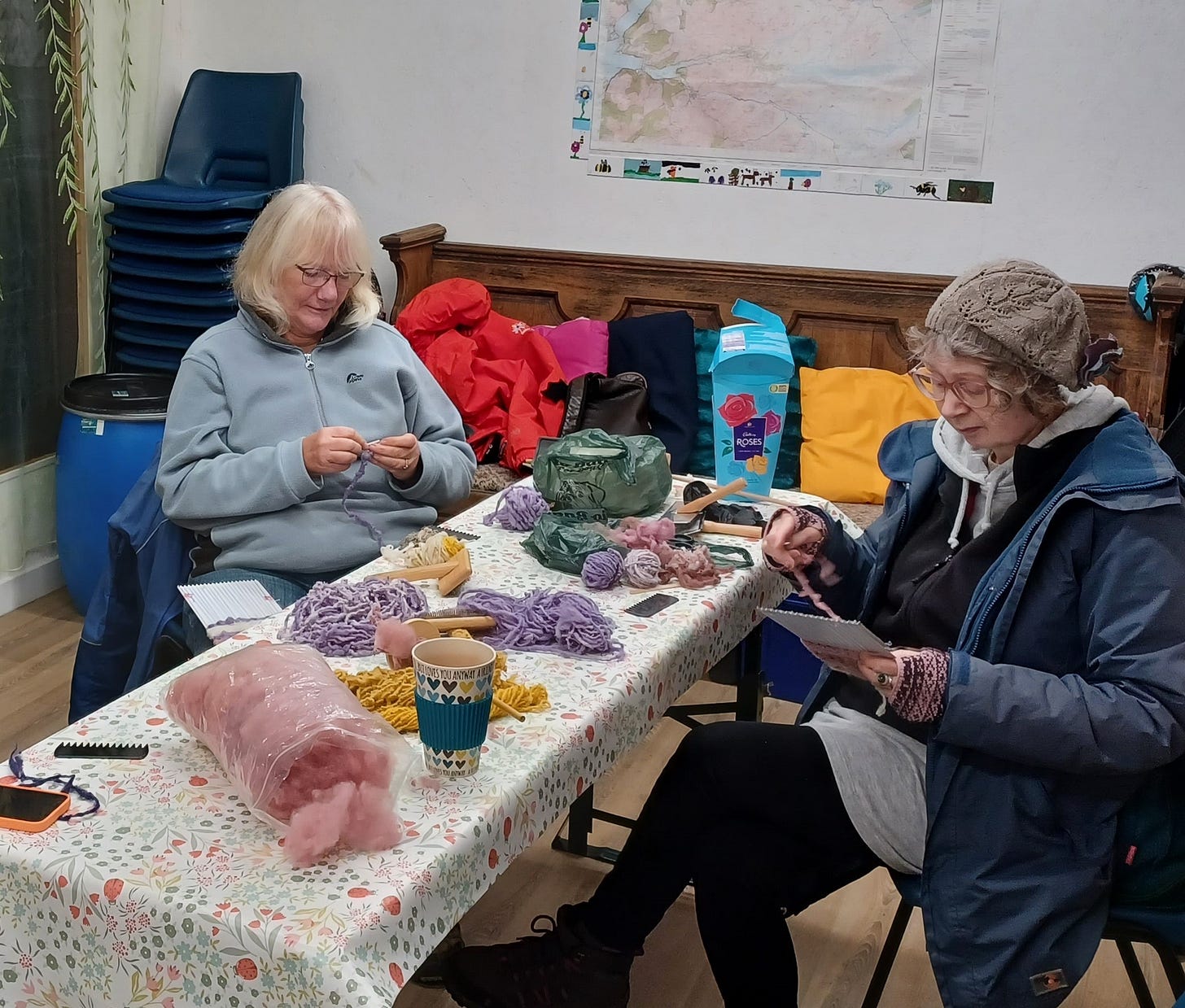
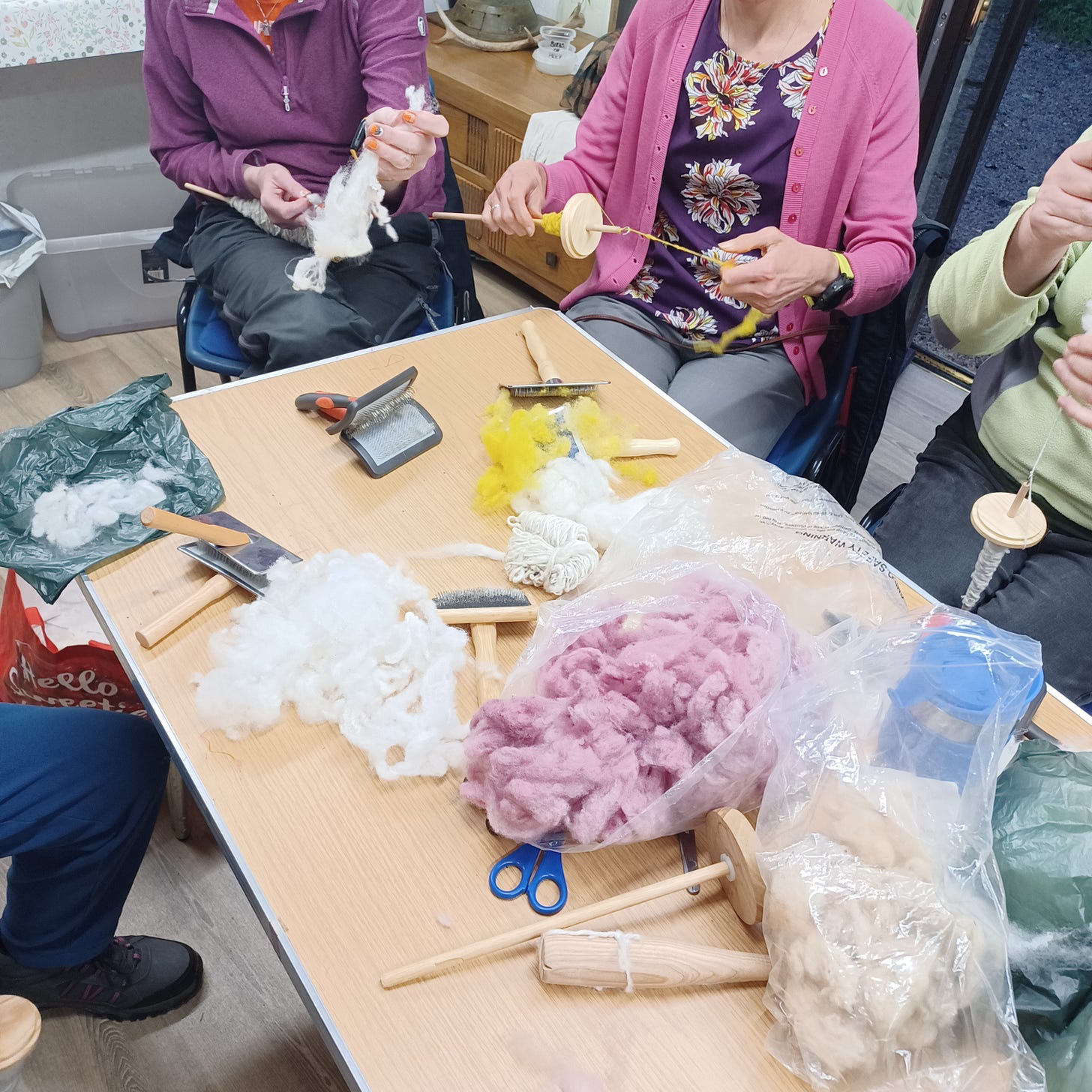

another brilliant article. thankyou so much. i'd like to join this if you did it in Assynt. I have spare bedrooms if required.